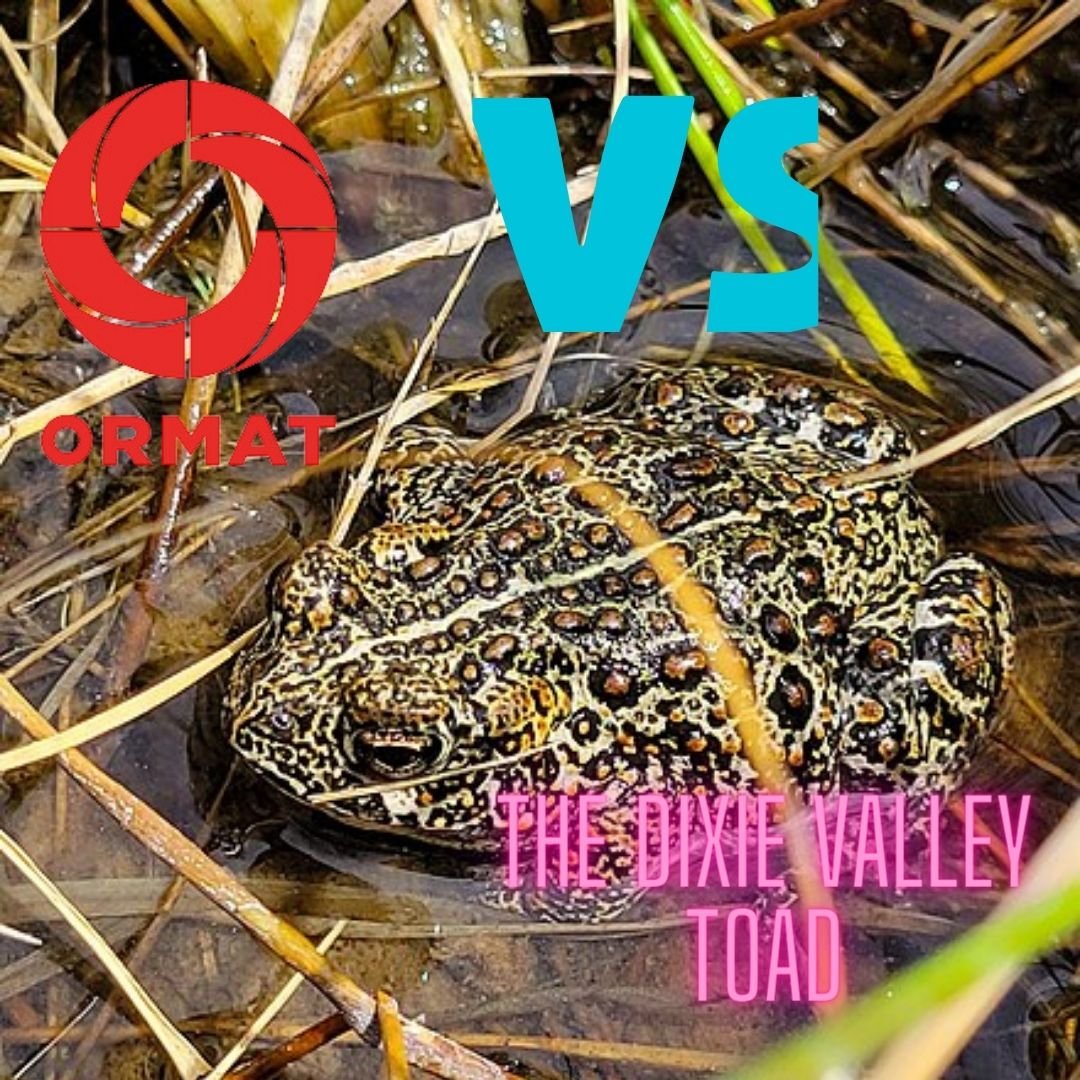The Reno-based renewable power and energy company Ormat Technologies is disputing a listing by U.S. wildlife officials that the Dixie Valley toad endemic to Churchill County is endangered.
Ormat has said it doesn’t believe the toad even meets the standard for a threatened species, which is a step before being endangered and at serious risk of extinction.
The challenge, which could go to court, is part of an attempt by Ormat to revive plans to build a geothermal power plant about 100 miles east of Reno, despite the presence of the rare toads in adjacent wetlands.
It showcases the tensions officials and companies are facing between protecting wildlife and aggressively pursuing so-called green energy projects. In this case, it also pits the Interior Department’s Fish and Wildlife Service, which issued the endangered listing in December, against the Bureau of Land Management, which previously approved the project and has been in court already in its favor.
With these headwinds, Ormat is already apparently scaling back plans, now eying a 12 megawatt power plant, instead of the two combined 60 megawatt plants it was initially thinking of developing.
The Center for Biological Diversity and the Fallon Paiute-Shoshone Tribe have both opposed the Ormat project, which now lags in legal limbo. Similar efforts to stop lithium mining at Thacker Pass have so far been unsuccessful, even if opposition to that project caused initial delays as well.
Adversaries to the Ormat project say it would cause hot water to be pumped beneath the earth’s surface, causing havoc for the tiny amphibians. Tribe members have said that as original stewards of the land where the plant is being planned, they have a responsibility to protect the toad and the environment in that area.
